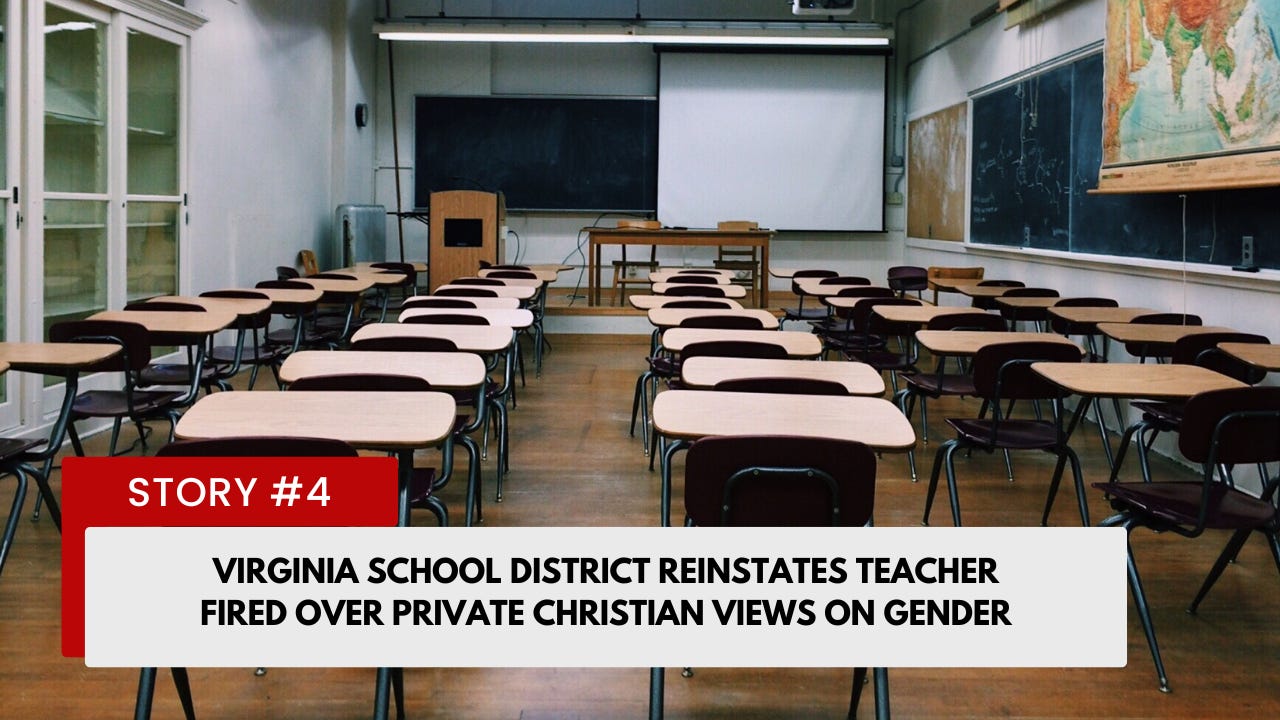This email is free weekdays, but the in-depth investigations and shows I produce rely on your support.
I left a high-paying media job to bring you real, independent journalism.
For just $6/month, you can help keep this work alive. Cancel anytime. Click the red subscribe button to join!

Gov. Gretchen Whitmer and ten others spent $69,203 on a five-day trip to Spain in November.
The Michigan Enjoyer first reported the details, which it obtained through a records request.
Here’s the breakdown: airfare, $36,562.75; hotel, $14,901.61; miscellaneous, $14,179.36; food, $2,984.99; and entertainment, $574.32.
The trip itinerary lists 11 names: Gov. Gretchen Whitmer; Lluisa Oliveras, director of the Trade Commission of Spain in that country’s consulate in Chicago; Quentin Messer Jr., CEO of the Michigan Economic Development Corporation; Zack Pohl, the governor’s principal deputy chief of staff; Christina Grossi, the governor’s chief legal counsel; Vlatko Tomic-Bobas, MEDC investment director; and Maci Gilmore, the MEDC assistant chief of protocol. Click here to read more.

NASHVILLE, TN - During a legislative special session on Thursday, the Tennessee Senate passed the Education Freedom Act of 2025 by a vote of 20 to 13. The bill had passed the House 54 to 44 earlier in the day. It now heads to the governor’s desk for his signature. With the stroke of Gov. Bill Lee’s pen, Tennessee will become the 13th state in the nation to enact universal (or near-universal) school choice.
While it’s not official yet, there is no question regarding whether Gov. Lee will sign the bill into law. He has been an enthusiastic education freedom champion and called the Tennessee General Assembly for a special session with the purpose of passing the Education Freedom Act. Last month, Gov. Lee said, “When it comes to education, more freedom is what our children need to succeed. That means empowering parents with school choice…. that’s why we need to pass the Education Freedom Act in Tennessee.” Click here to read more.

ASTFORD, CT. - A woman in Connecticut is accused of attaching GPS trackers on a teddy bear and the victim’s vehicle.
Police said they started their investigation on July 29, 2024 after they received a report from a victim that a tracking device was found on a vehicle.
In August 2024, they said they responded to another call from the victim. This time, a tracker was found on a stuffed teddy bear.
The victim told troopers that he believed 36-year-old Jessica Benoit was responsible for the trackers.
Troopers learned that Benoit had been previously in a relationship with the victim.
According to the arrest warrant, she used the name of another person when she went online to register the tracking devices.
By Oct. 16, search warrant was obtained to gain account information about the tracker in the bear, state police said. Click here to read more.

SPRINGFIELD, VA - A Virginia school district has reinstated a substitute teacher after initially removing her upon discovering her Christian views on gender ideology.
The teacher, identified by The Daily Signal as Lindsay Rich, was restored this week after an intervention by the Liberty Counsel, a nonprofit Christian legal group.
School officials escorted the teacher from an assignment in September 2024 only two hours after she arrived, and the school board met in a closed session that day to take her off the list, the Liberty Counsel said.
The substitute teacher said her religious views informed her belief that God created humans as male and female, and opposed male students being allowed to enter facilities reserved for female students. Click here to read more.

NEW YORK, NY - CBS says it will turn over an unedited transcript of its October interview with Kamala Harris to the Federal Communications Commission, part of President Donald Trump’s ongoing fight with the network over how it handled a story about his opponent.
Trump sued CBS for $10 million over the “60 Minutes” interview, claiming it was deceptively edited to make Harris look good. Published reports said that CBS’ parent company, Paramount, has been talking to Trump’s lawyers about a settlement.
The network said Friday that it was compelled by Brendan Carr, Trump’s appointee as FCC chairman, to turn over the transcripts and camera feeds of the interview for a parallel investigation by the commission. “60 Minutes” has resisted releasing transcripts for this and all of its interviews, to avoid second-guessing of its editing process. Click here to read more.




















